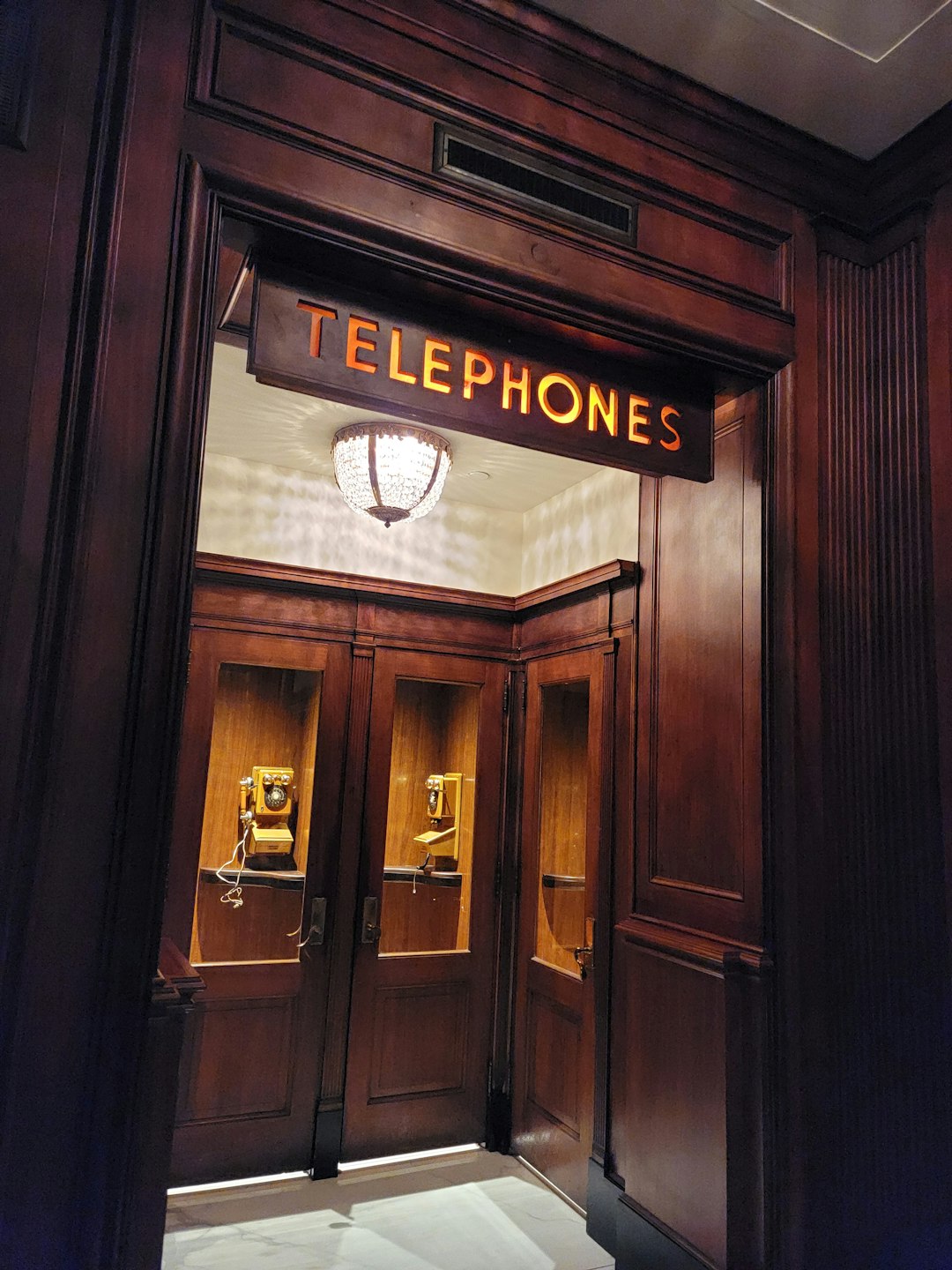In Michigan, seniors face phone scams from con artists posing as government agencies or law firms. Recognizing warning signs like impersonation and threats is crucial. The Telemarketing and Consumer Fraud Act offers legal protection, with residents able to register for the Do Not Call Registry. Hanging up and verifying callers' identities directly can prevent spam calls from fake law firms. Encouraging seniors to never share personal info unless they initiate the call enhances safety.
In today’s digital age, elders in Escanaba, Michigan, are increasingly targeted by phone scams. This article equips Michigan residents with knowledge on identifying and evading common scam tactics employed by spam call law firms. By understanding legal protections against these practices and adopting practical safety tips, Escanaba’s elderly community can safeguard their financial well-being and personal information from unscrupulous fraudsters.
Understanding Common Phone Scam Tactics in Michigan

In Michigan, elders are often targeted by phone scams, with con artists using sophisticated tactics to deceive and exploit them. Common schemes involve impersonating government agencies, utility companies, or even law firms, claiming there’s a legal issue or emergency that requires immediate attention. Scammers may threaten consequences like arrest, fines, or service disconnection if the victim doesn’t comply and provide personal information or financial details over the phone.
Educating seniors about these common tactics is crucial in protecting them from falling prey to spam call law firm Michigan scams. Recognizing signs of a potential scam, such as unexpected calls demanding immediate action, asking for sensitive information, or threatening severe penalties, can empower elders to hang up and verify the caller’s identity through official channels.
Legal Protections Against Spam Call Law Firms

In Michigan, there are robust legal protections in place to safeguard residents from spam call law firms and other forms of telemarketing fraud. The Telemarketing and Consumer Fraud and Abuse Prevention Act (TCFA) prohibits unsolicited telephone calls for promotional purposes, including those from spam call law firms. This act grants consumers the right to register their phone numbers on the Do Not Call Registry, significantly reducing unwanted calls.
Additionally, Michigan’s laws offer consumers recourse against spam call law firms. If a resident suspects illegal telemarketing practices, they can file a complaint with the Michigan Attorney General’s office, which vigorously enforces consumer protection laws. These legal protections empower Michiganders to take action and defend themselves from deceptive phone scams, ensuring a safer and more secure communication environment.
Practical Tips for Elderly Residents to Stay Safe

Staying safe from phone scams is an important skill for all, especially our elderly neighbors. Here are some practical tips to help them identify and avoid potential threats. Encourage them to never share personal or financial information over the phone unless they initiate the call and verify the other party’s identity. It’s a common tactic for scammers posing as representatives from law firms or government agencies under the spam call guise of winning a prize, demanding urgent payment, or offering low-interest loans.
Additionally, teaching them to recognize these scams is vital. They should be wary of unexpected calls, especially those creating a sense of urgency or asking for money upfront. If they receive such a call, it’s best to hang up and contact the organization directly using official contact details found on their website or through local resources, avoiding any numbers provided during the suspicious call.






